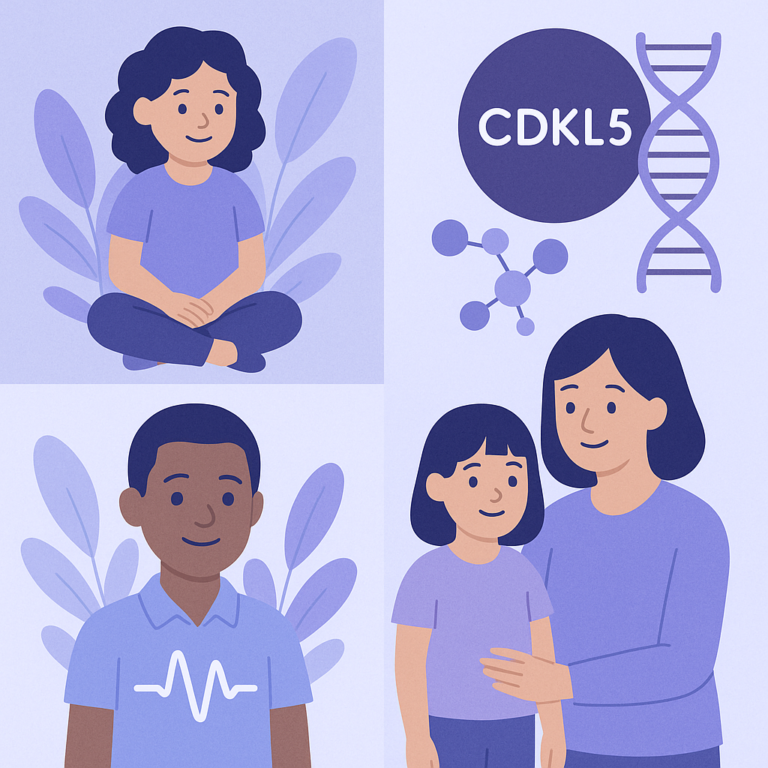New Insights on Genetic Causes of Early Infantile Epileptic Encephalopathy
Researchers studied early infantile epileptic encephalopathy (EIEE), a severe type of epilepsy that starts in infants and can lead to serious developmental issues.
This hub covers epilepsy genetics: how gene changes can contribute to seizures (often in children). We translate studies on testing, results like VUS, and what findings may change for care.
No. It’s common in pediatrics, but adults can benefit from genetic testing, too, especially with unclear diagnosis or family history.
Sometimes. For certain conditions, results can guide medication choice, diet therapies, or referral decisions.
It usually means “not enough evidence yet.” It shouldn’t be treated as a definite cause, but it can be reclassified over time.
Not necessarily. Testing can miss some variants, and new gene links are still being discovered.

Researchers studied early infantile epileptic encephalopathy (EIEE), a severe type of epilepsy that starts in infants and can lead to serious developmental issues.

A recent study looked at the use of repetitive transcranial magnetic stimulation (rTMS) as an additional treatment for adults with drug-resistant epilepsy (DRE), which means their seizures do not respond well to standard medications.

Researchers studied a new treatment called epicranial focal cortex stimulation (eFCS) for people with epilepsy that does not respond to medication.

This study focused on a rare genetic disorder called cyclin-dependent kinase-like 5 deficiency (CDD), which leads to severe epilepsy and developmental challenges.

This study looked at how well a machine learning software called P15 can detect interictal epileptiform discharges (IEDs) in EEG recordings from patients at a large hospital in England.

Researchers studied high-frequency oscillations (HFOs) in the context of epilepsy, looking at how these brain wave patterns relate to the condition.

Researchers looked at clinical trials for adult-type diffuse gliomas, a type of brain tumor, to see how seizures were reported.

This study looked at the role of genetic testing in children with expressive language delay (ELD), a condition where kids have trouble expressing themselves verbally.

A recent study looked at how much teachers know about asthma, type 1 diabetes, and epilepsy in children.